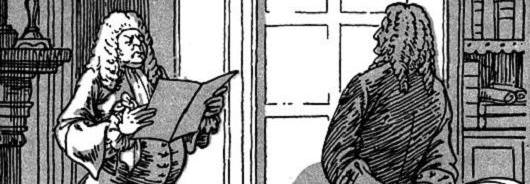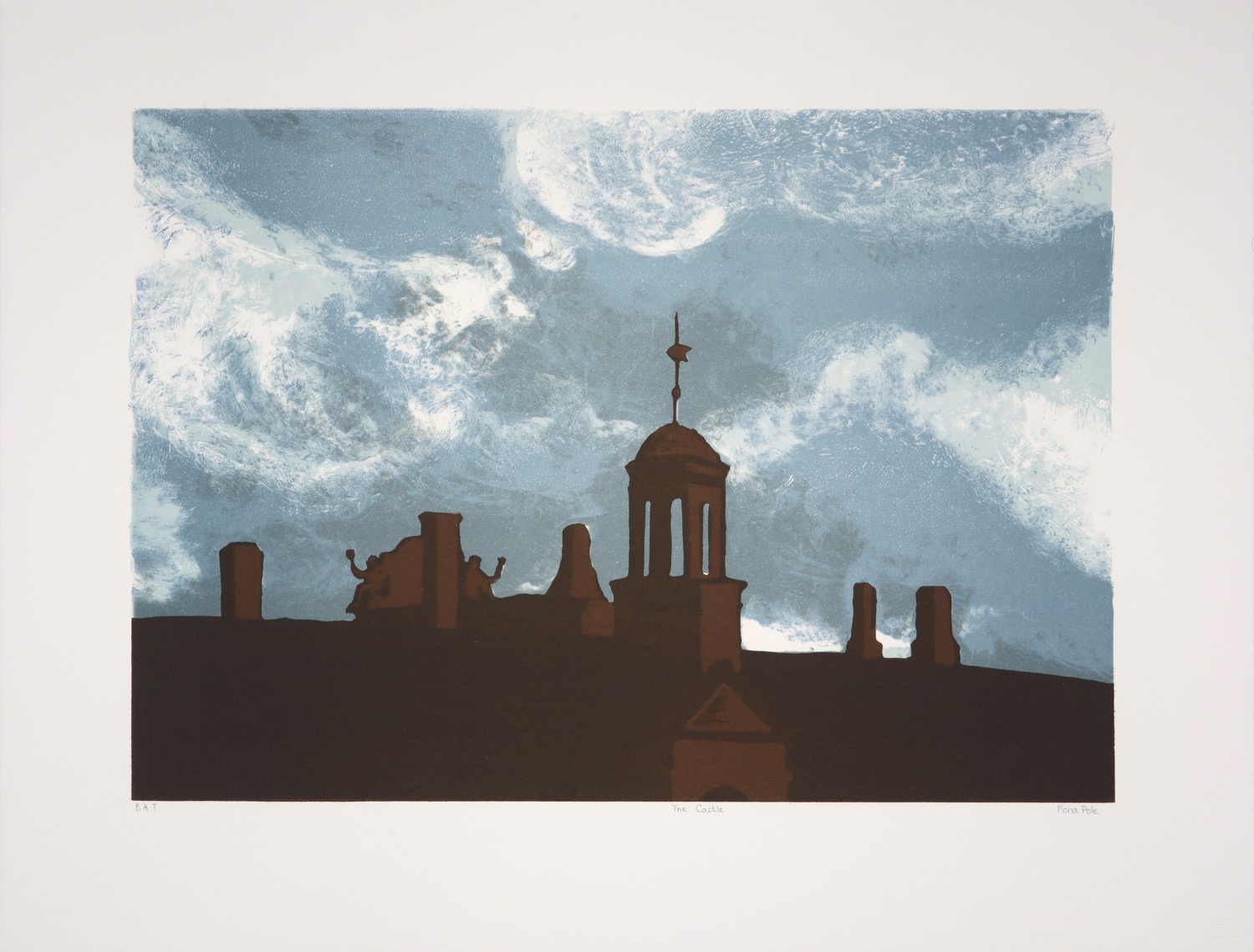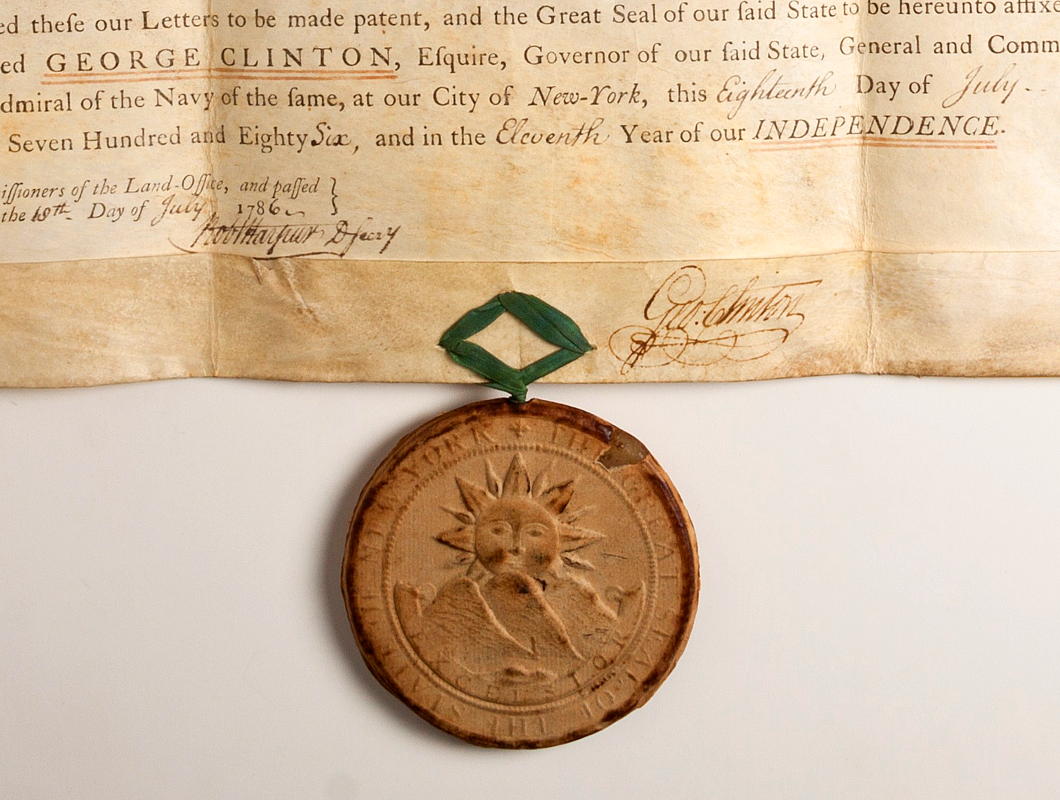2024 May
About Andrew Cusack
 Writer, web designer, etc.; born in New York; educated in Argentina, Scotland, and South Africa; now based in London.
Writer, web designer, etc.; born in New York; educated in Argentina, Scotland, and South Africa; now based in London. read more
News
Blogs
Reviews & Periodicals
Arts & Design
World
France
Mitteleuropa
Knickerbockers
Argentina
The Levant
Africa
Cape of Good Hope
Netherlands
Scandinavia
Québec
India
Muscovy
Germany
Academica
Articles of Note: 20 May 2024

British right-liberals are sometimes accused of yearning for “Singapore-on-Thames” but they would, for example, recoil from the state-backed housebuilding that Singapore relies on.
The indomitable Lola Salem visited the flourishing Straits state.
“In everyday life,” she writes, “the state endeavours to demonstrate its relevance and ensure citizens feel that they have a stake in what is achieved in their name.”
But the foundation of Singapore’s undeniable strengths is “a complex tapestry of trade-offs that Western leaders wilfully or inadvertently ignore.”
■ Romania is a delight to visit, but I have only been to Transylvania which is somehow another category entirely. A bit like if you’ve been to Britain, but only (“only”) Scotland.
Christopher Brunet says that Romanians themselves tell foreigners to visit Transylvania and avoid their own capital city. He decided to do the opposite and spent a month as a boulevardier in Bucharest.
Brunet reports back that Romania is quietly doing great.
■ Without meaning to damn with faint praise, David Warren is one of the great Canadians of our age. I long felt an almost spiritual connection to him but, though we have never met in person, I assuaged myself that we were at least infrequent correspondents.
One day I went to check when was the last email I had from him only to be surprised to find that I had never, in fact, corresponded with him at all. So I wrote to him and told him this, which provoked a reply saying that he too had assumed we had written to one another several times. Two mastodons bellowing across primieval swamps, or the Atlantic ocean, or the Canadian border when I was still in New York.
Amongst David’s many accomplishments was the foundation and editorship of The Idler (1985-1993), the greatest Canadian magazine ever printed. Canada generously shovels endless cash at its literary efforts in the hope of producing something homegrown that can survive the onslaught of popular culture from its peaceful neighbours to the south.
Despite critical acclaim and obvious excellence, The Idler’s unfashionable conservatism meant that it never had access to the largesse distributed by the Canada Council for the Arts. As that body funded 96 different publications, David branded The Idler as “Canada’s 97th best literary magazine”.
David writes about his experience editing the review that described its ideal reader as “a sprightly, octogenarian spinster with a drinking problem, and an ability to conceal it”.

19¾ in. x 26 in.; (link)
■ Edinburgh was the site of the second-most venerable legislature in the English-speaking world, and it is worth wending a wander into Old Parliament Hall — one of the city’s three parliament buildings.
We’re all familiar with the way the House of Commons sits, having inherited the antiphonal seating of the old Chapel Royal of St Stephen in the Palace of Westminster.
At Old Edinburgh Reborn, Dr Robert Sproul-Cran has penned a very thorough examination of how seating was arranged in the Estaits of the Realm, the Scots parliament of old.
■ It would take a heart of stone not to be amused by the life and times of King Zog of Albania. He may have been a vulgar gangster but he had a certain flair, and one appreciates the imaginative even when it is self-aggrandising.
Daniel Marc Janes reviews a new book about the Illyrian potentate.
(And if you haven’t read the Albanian writer Ismail Kadare, you should.)
■ The sheer freakishness of American campus life is as fascinating as it is alarming.
The universities of the United States are some of the most influential factors of social control in the world, and whatever weird innovations you experience in your professional or public life worldwide today are usually explained by something that was going on at Yale or Stanford five or ten years before.
Ginevra Davis has written a sad chronicle of Stanford University’s war against social life. They even let an artificial lake go dry to stop people enjoying it!
■ What is more satisfying than the brilliant self-taught amateur who outshines the experts?
John Steele Gordon writes about the great astronomer E.E. Barnard.
■ A new documentary film about South Korea’s founding father, Rob York reports, has led to a newfound appreciation of the much-maligned Syngman Rhee.
■ I am a fan of the neglected postwar American conservative thinker Peter Viereck, and of course everyone is a fan of Metternich. (Viereck was previously mentioned here in January thanks to Samuel Rubinstein.)
Hamilton Craig covers both figures in his suggestion of how Yoram Hazony’s “NatCon” conferences can learn from Austria’s greatest chancellor.
■ I recently wrote about Telephone Kiosk No. 2, but Clive Aslet does it better.
■ Mary Harrington claims that conservatism is dead and the future belongs to right-wing progressives like Bukele.
■ Whoever Pimlico Journal is says we need to stop valorising dead centrist Tories.
■ And it turns out that the role of Patriarch of Constantinople is actually an arms-length Langley job. (Caveat emptor.)

30⅓ in. x 22½ in.; (link)
Telephone Kiosk No. 2

This must surely be the most beautiful and easily recognisable example of street furniture in the history of the world.
Scott wanted them painted a silvery hue, with a greeney-blue interior.
Instead, the Post Office, which had taken over the public telephone network in 1912, decided to paint them in its regal red livery.
I think they made the right decision.
This one can be found in Trinity Church Square, Southwark.
The last of its vintage
The principal city of that part of the world is, was, and presumably ever shall be Mukalla, which gets a mention in the below excerpt written by J. Morris (while still alive).
Sadly, travel to that part of the world is severely frowned upon by the foreign ministries of Western powers at the moment, owing to the continuing unpleasantness between factions bedevilling the Yemen.
If you want to get a boat to Socotra (currently occupied by nos amis les Émiratis), I’m told that these days you’re better off embarking from Oman — but friendly welcomes on the island are far from guaranteed.
Style, of course, was an essential element of ornamentalism, and another cool late practitioner of the 1950s or 1960s was the British Adviser to the Sultan of Mukalla, on the southern coast of Arabia. The title of Adviser was a euphemism. He really ran the place. The Mukalla governing council actually met in his house, and when I stayed there for a time myself, I sometimes used to walk into his drawing-room to find all its members, in their white gallabiyahs, sitting and arguing there on the sofas, sometimes very solemnly, sometimes laughing their heads off, sometimes banging the floor with their sticks or shouting imprecations at the Adviser – who, since he spoke perfect idiomatic Arabic, gave as good as he got.
His administrative style was not in the least authoritarian, or even paternalistic. In fact it was rather bohemian. If he wanted some coffee during those meetings he gave a piercing blast on a silver whistle; this didn’t seem to have any cataclysmic effect, but sooner or later a servant would shamble in with a pot on a silver dish, and as he served the Adviser he would give me a sly collusive smile, amounting almost to a wink.
Every afternoon the Adviser went for a long walk along the sands of the Indian Ocean, followed at a respectful distance by his driver in his somewhat ramshackle Land Rover. At a fast steady pace he would stride along, sometimes swerving to avoid a string of camels, or people digging holes for crabs, or small boys throwing sand at each other, or old men sitting on their haunches chewing. He had a word for them all, and they replied cheerfully in kind, or giggled, and as he disappeared into the distance, his car chugging hopefully along behind, he used to seem to me a summation of all I liked about the British Empire in its last years – for all its faults, generally kind, generally straight, well-intentioned, a bit too pleased with itself perhaps, a bit too slow to recognize realities, a bit lacking in the old splendour, but diligent, courageous and often rather funny.
And yes, there’s one last ingredient of the imperial ornamentalism that I haven’t touched upon – its humour. For my escapist tastes, humour was a saving grace of the British Empire, and I’d liked to end this resolutely escapist essay with a little cameo to illustrate it. The last of the great imperial adventures was the first ascent of Mount Everest, the top of the world, by a British expedition in 1953. This really was an exploit of empire. The climbing team included two New Zealanders, a Gurkha officer, a former officer of the Black Watch, a former Indian Army engineer, one or two Welshmen, from the final colony, and a Sherpa citizen of that archetypical imperial buffer state, Nepal. I went along to write about it for that old broadsheet of Empire, the London Times.
The most glamorous star of the adventure turned out to be the Sherpa, Tenzing Norgay, who actually reached the summit with the New Zealander Edmund Hillary. When we all got back to London we were treated to a very grand banquet by the British Government – the old imperial government. I found myself sitting next to the majordomo of the occasion, a delightful old-school courtier, while opposite me sat Tenzing, out of Asia for the very first time in his life, who could not then read or write, but who looked marvellous.
The old gentleman turned to me halfway through the meal and said he hoped I was enjoying the claret – what the British call red Bordeaux wine. He said it was the last of its vintage in the government cellars, and was probably the last anywhere in the world. Well, I was terribly impressed, of course, and I looked across at Tenzing – who most certainly was enjoying the claret. It was probably the first time he’d ever tasted any wine. The lackeys were filling and refilling his glass, and he was radiant with pride and pleasure. He was a marvellously confident and exotic figure – a prophetic figure, actually.
Presently the old boy turned to me again. ‘Ah’, he said, ‘how very good it is to see that Mr Tenzing knows a decent claret when he has one.’
Sic transit gloria!
Letters Patent
In the collections of the American Numismatic Society — formerly resident at Audubon Terrace but lately removed further south to Varick Street — there is a fine example of letters patent from the year 1786, signed by Governor George Clinton and validated by the Great Seal of the State of New York.
Letters patent are a form of open declaration by a sovereign or head of state, usually conferring the grant of an office, title, land, or rights. The most well-known patents are those covering the intellectual property of scientific inventions, issued by bodies like the United States Patent and Trademark Office or the UK’s Intellectual Property Office.
These particular letters patent deal with a land grant made to one Joshua Mersereau. From a family of Huguenot extraction, Mersereau studied at King’s College and ran a tavern on Staten Island. When America’s first civil war erupted in 1775, he joined the rebels and was commissioned a major in the “patriot” forces. He also represented his island’s coterminous County of Richmond in the rebel Provincial Congress that convened at Kingston.
Alongside other members of his family, Major Mersereau organised an effective spy ring that gathered useful operational intelligence on the movements of British and loyal American forces in the Hudson Valley, Staten Island, and neighbouring parts of New Jersey. It was likely for that contribution, as well as for his political influence more broadly, that this grant of land was made.
Search
Instagram: @andcusack
Click here for my Instagram photos.Most Recent Posts
- Sag Harbor Cinema March 26, 2025
- Teutonic Takeover March 10, 2025
- Katalin Bánffy-Jelen, R.I.P. March 3, 2025
- Substack Cusackiensis March 3, 2025
- In the Courts of the Lord February 13, 2025
Most Recent Comments
Book Wishlist
Monthly Archives
Categories



